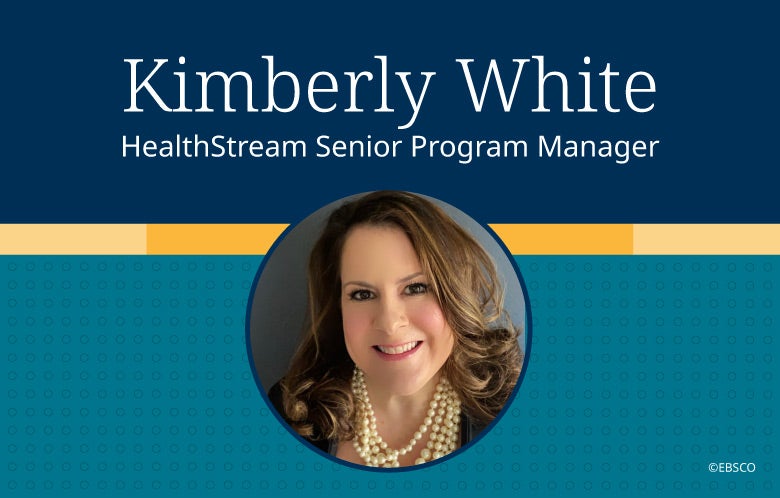A new notification pops up on my social media feed; Denise is retiring after 43 years in the NICU. What an incredible career and yet, what a loss at such a critical time in nursing. Don’t get me wrong. She deserves to have rest after giving so much as a preceptor, a teacher, a leader, and just an amazing compassionate heart. However, since the pandemic, I feel that so many NICUs and other units are struggling with an influx of new nurses and travelers that nurses like Denise are hard to come by. How do we determine who are our informal leaders in a time of so much transition at our bedsides?
When you are trying to manage a unit like a Neonatal Intensive Care unit and precept and train new nurses at the bedside, clinical experts like Denise are extremely important. They understand the policies and procedures of the hospital and the values and mission that the organization stands for. There is a common understanding and respect for the goals. Having seasoned and certified clinicians help contribute to high quality and satisfaction within the unit is such a great asset. They also help build a certain morale that keeps the unit together and assist when times are hard. Seasoned clinicians tend to be informal leaders; people that are trusted, experienced and offer support to their colleagues. This type of clinician is an important contributor to any unit but because of the pandemic, they are becoming much harder to find and sustain in an organization.
Concerns related to experienced nurses have previously existed, but these nurses have become much harder to come by since the pandemic with increasing nurse burnout and staffing shortages. This is where the dissatisfaction begins, and the cycle of the travel nurse starts. Unfortunately, the nurses on the critical care floors (or any unit) with some experience, as little as two years, may see opportunities with higher pay and more job flexibility in travel nursing, and may decide to seek sign on bonuses and other opportunities. The hospital they left then has more staffing shortages, higher premium salaries to cover for staffing to mitigate the staffing shortage, and so on. Not to mention the impact that this has on quality care, patient satisfaction, etc. It is said that travel nursing grew 35 percent in 2020 with only more increases to come. The cost that hospitals will need to bear from an operational perspective is unsustainable.
It is important to have a process in place for evaluating competence and knowledge in a systematic way during onboarding to get clinicians to patient care in an efficient way.
It is important to have a process in place for evaluating competence and knowledge in a systematic way during onboarding to get clinicians to patient care in an efficient way.
Many travel nurses are excellent clinicians and have a wealth of experience and knowledge. It is just as important to have a process in place for evaluating competence and knowledge in a systematic way during onboarding.. Are the nurses coming in trained to provide the quality care that the organization wants? How much orientation and training does each nurses need?
One way to encourage and grow informal leaders is through clinical ladder programs. Not only is this beneficial for the nurses’ for professional development and encourages staff satisfaction, but it also helps with retention strategies. Another benefit is team and unit development and assisting with incentivization. Investing in people is the best thing an organization can do to keep staff engaged and satisfied at work. From an operational perspective, the cost will be much less than travel nursing salaries and the benefits are greater as well. Clinical ladder programs can promote specialty certifications or continuing professional education, both of which also are shown to increase patient quality and satisfaction. Having a clinical expert on the unit is a resource that can help train newer nurses on the most recent evidence and best practice for the care that they need to provide patients.
The challenges hospital administrators face today are many. However, there are creative ways to think about engaging your team and encouraging leadership from within, at the bedside, to grow and cultivate your next “Denise”. Sure, they might not be with you for 43 years, but every clinician has the potential to learn and engage others within your unit to become the best clinician providing excellent, highest quality, evidence-based care. Each nurse has the capacity to bring something unique to the unit, to learn from and inspire others and to be a grassroots leader at your organization. How will you support that environment? How will you encourage that growth? How will you cheer them on?



